
China’s Ministry of Commerce this morning announced an anti-dumping probe into Australian wine imports.
It’s a worrying development for the Australian wine industry which is already reeling from the effects of Covid-19, bushfires, drought and a downturn in the world economy.
Treasury Wine Estates shares dived by almost 20 percent on the news. The share price rebounded and was trading at $10.64 (down 13.74 percent) at the time of writing.
China is by far Australia’s biggest export market for wine.
Australia exported $1.1 billion of wine to China in 2019-20 – about 40 percent of our total exports of $2.84 billion.
China’s ambassador to China, Cheng Jingye, said back in April that China’s consumers may boycott Australian wine and beef amid tensions between the two countries over Covid-19.
The Federal Government has been very critical of China’s handling of the pandemic and called for an inquiry, angering China.
The Australian wine industry has been on tenterhooks ever since.
The Financial Review reported that this was China’s “first step in levying hefty import duties on Australian wine”.
TWE says it will cooperate with requests for information from Chinese or Australian authorities.
“Treasury Wine Estates Ltd has been advised that the Chinese Ministry of Commerce has initiated an anti-dumping investigation into Australian wine exports into China,” TWE says in a statement.
“TWE will of course cooperate with any requests that we receive for information from Chinese or Australian authorities.
“TWE has had a long and respectful relationship with China over many years through its team, partners, customers and consumers.
“As an importer of high-quality, premium Australian wine, including brands such as Penfolds, TWE remains committed to China as a priority market and will continue to invest in its Chinese business and its relationships with customers and consumers.
“TWE’s focus will remain on building premium and luxury brands, investing in the local operating model and team, and working with partners to enhance the wine category and grow our contribution to China.”
China says it will investigate any damage done to the Chinese wine industry from 2015-19.
The probe includes imports of wine from Australia in containers holding two litres or less in 2019.
China’s Commerce Ministry says the investigation follows calls from the China Alcoholic Drinks Association on behalf of the domestic industry.
According to one media report, the CADA has asked the regulator to look into 10 Australian wine producers including TWE, Yalumba, Casella, Accolade Wines and Riverland Vintners.
David Harris, owner of Riverland Vintners, told ABC Adelaide he was “flabbergasted” when a Chinese customer phoned tell him Riverland Vintners was on the list of Australian wineries being investigated.
“I think this is a blip and with better communication we can sort it out,” David said.
“Someone, somewhere, will contact us and we will go back through all our records and transactions and describe to them what our production economics are and how we operate and what we do and I think it will be sorted out.
“And I think that will happen across the 10 or so companies that have been named.”
David said Riverland Vintners does not dump its production in China.
“We spend every waking hour trying to add value to vine.”
Announcing last week that its profit dived 25 percent in 2019-20, TWE said, “In Asia, and in particular China, TWE continues to see positive signs of both consumption and sales depletion recovery.
“While recent trends are positive, TWE remains cautious on the short to medium term outlook with gatherings and social occasions, which drive consumption of luxury wine, yet to fully recover to previous levels.”
Australia signed a Free Trade Agreement with China in 2015 to much fanfare in the wine industry, with the import tariff of 14 percent for Australian bottled wine and 20 percent for bulk wine phased out over four years.
Sixty-two percent of wine produced in Australia is exported to 119 markets. There are 2,895 active exporters.
The Australian wine industry has known for many years that it was too exposed to China and has been scrambling to develop other markets, with mixed success and slow progress.
New TWE CEO Tim Ford told The Australian last week that he was worried about China.
“Does it worry me?” he said. “Of course it worries me.
“We saw it two years ago when we faced some operational challenges getting our product into China for a short period of time.
“We would hope that they don’t happen in the future for sure.”
Australian Grape & Wine said in a statement, “We are aware of the request by the Chinese industry to the Chinese Ministry of Commerce (MOFOCM) to launch an anti-dumping investigation on Australian wine in China.
“We believe that the Australian grape and wine sector is well placed to respond to this investigation and Australian Grape & Wine and our exporting companies will cooperate fully.
“China is an important market for Australian wine and our wine is in demand from Chinese consumers.
“Australia has a large number of exporters with close cultural ties to China. The Australian industry welcomes the opportunity to build on these ties and work with the Chinese industry and government to further technical co-operation and develop lasting relationships.”
The move by the Ministry of Commerce follows anti-dumping complaints against Australian barley which resulted in tariffs of up to 80 percent being announced in May.
Australian wine exports to China slowed down during the start of the pandemic but producers reported that orders started to return in June and July.
The investigation could take 12 months.
The irony is that an increasing number of wineries in Australia are owned by Chinese interests including Greenock Creek, 1847 Wines, Burge Family Winemakers, Rymill and Schubert Estate.
Related article: Australian Winery In China’s Sights “Flabbergasted”.
Related article: Australian Wine Exports Holding Up Well Despite “Unprecedented Disruption”.
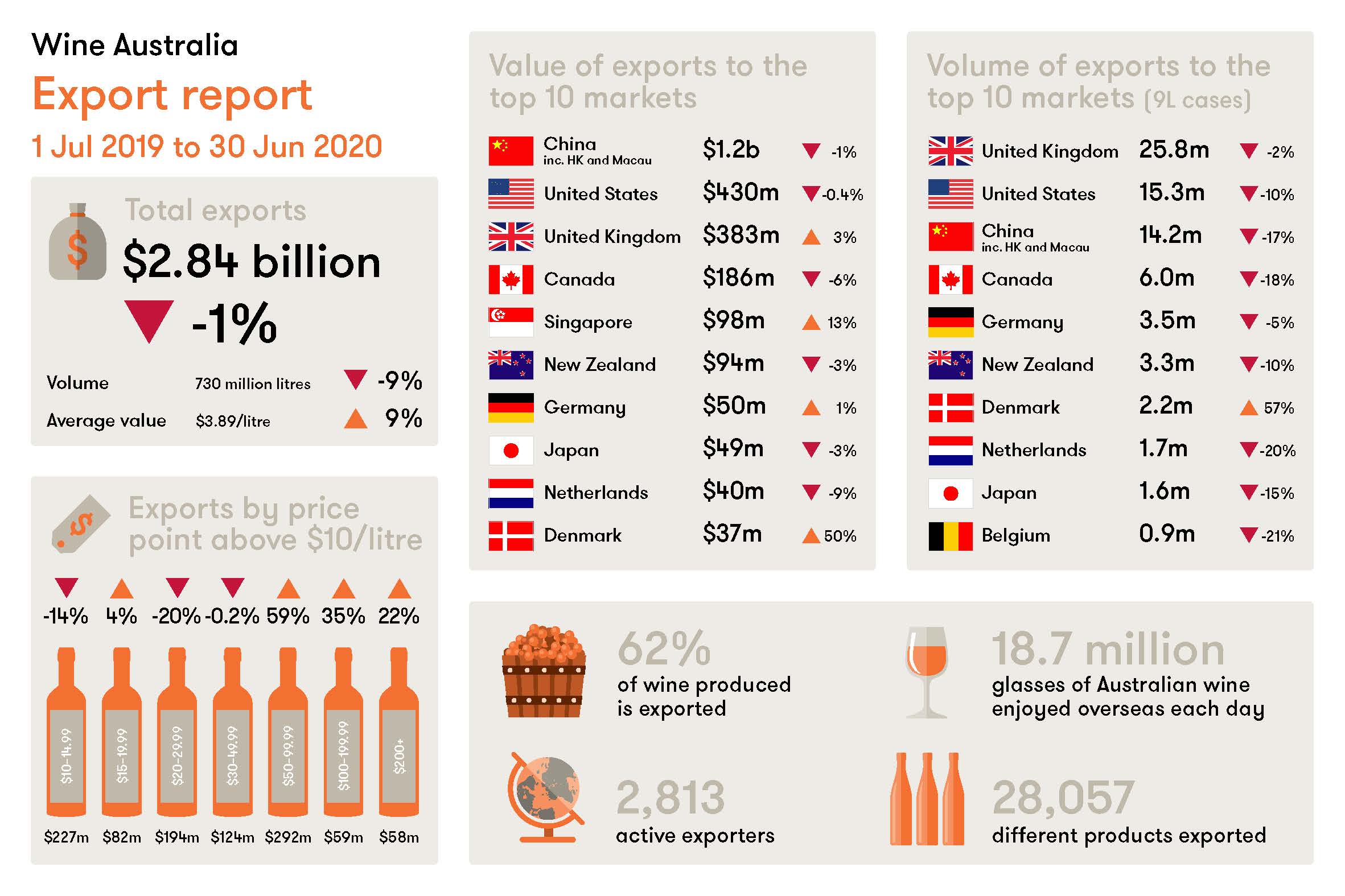 Main photo by
Main photo by 







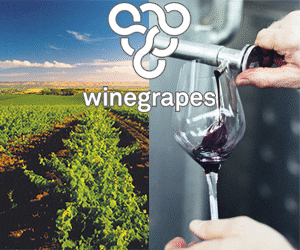
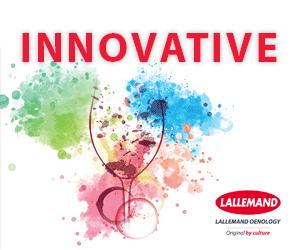
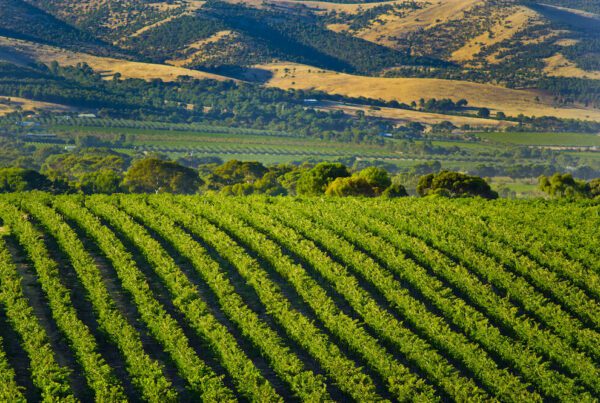
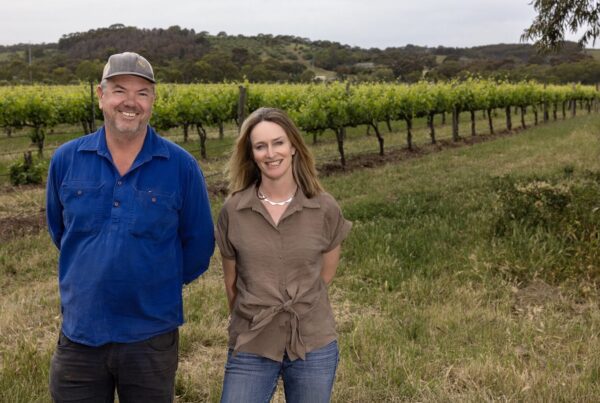

Recent Comments